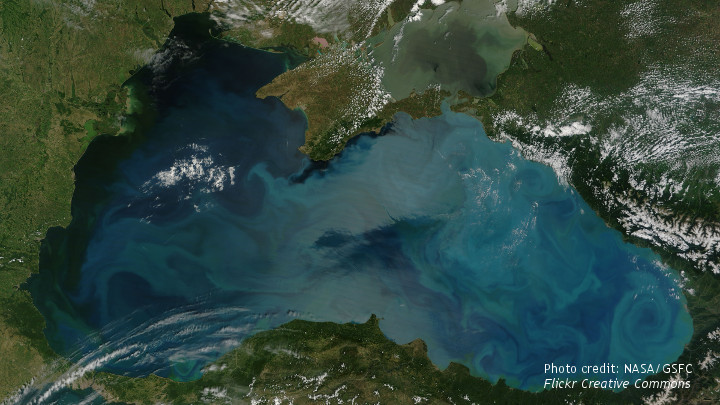A New Spring for Caspian Transit and Trade

Svante E. Cornell and Brenda Shaffer
Major recent shifts, starting with the Taliban victory in Afghanistan and Russia’s war in Ukraine have led to a resurgence of the Trans-Caspian transportation corridor. This corridor, envisioned in the 1990s, has been slow to come to fruition, but has now suddenly found much-needed support. The obstacles to a rapid expansion of the corridor’s capacity are nevertheless considerable, given the underinvestment in its capacity over many years.
Read this article by Svante E. Cornell and Brenda Shaffer at the Central Asia-Caucasus Institute, Silk Road Studies Programme.




